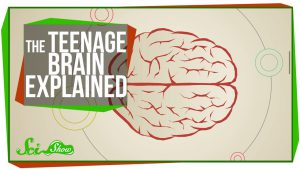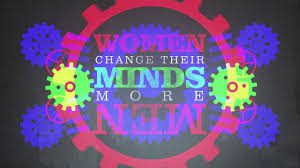Understanding the Teenage Brain
Mental health, as the name suggests, is our health mentally, which is to say, has to do with our brain. And just like our bodies, our brains are constantly changing and growing, particularly in childhood and adolescence.
![]() You probably know that puberty, in short, kinda sucks. Everything feels strange, you’re getting acne and hair in weird places, and the awkward phase is in full swing. And then there are the mood swings, wanting to stay up later, and that need to feel seen as your own person and come across as independent.
You probably know that puberty, in short, kinda sucks. Everything feels strange, you’re getting acne and hair in weird places, and the awkward phase is in full swing. And then there are the mood swings, wanting to stay up later, and that need to feel seen as your own person and come across as independent.
The brain doesn’t stop fully developing until your mid-twenties, and even though anyone is vulnerable to mental illness at any point, researchers are finding that the adolescent brain may have a stronger link.
While the videos below don’t specifically talk about the link between adolescent brain development and mental health, they’re still worth watching to learn more about just exactly why your brain works the way it does, may help you understand why you feel certain things at certain times, and can help explain how the extreme emotions you feel may lead to the stronger
effects of mental illness.
SciShow (by Hank Green of vlogbrothers fame) breaks down different aspects of puberty and what part of our brain and the chemicals involved makes us react the way we do, especially when it comes to the angstier parts. It’s straightforward and he makes a complicated time a lot easier to understand.
Teen Mental Health, an organization meant to educate teenagers about their mental health takes a more creative approach and makes you feel like you’re in a sci-fi movie and receiving a software update with your teenage brain. It talks about just how powerful brain is and how entering puberty is just the next step in making it even stronger.
What do you know about the teenage brain? Why do you think teenagers and adolescents are more vulnerable to both the positive and negative effects of mental health?






Recent Comments